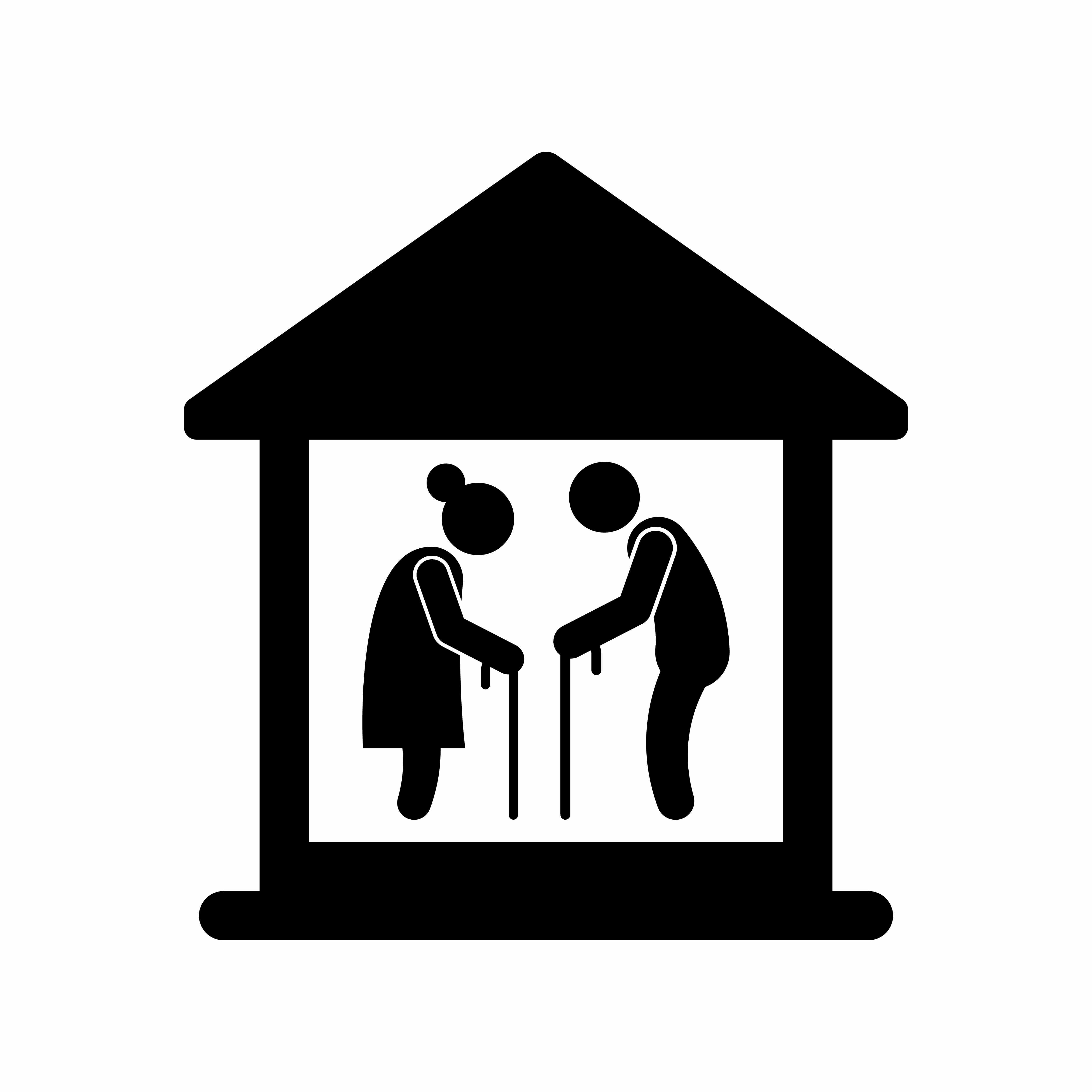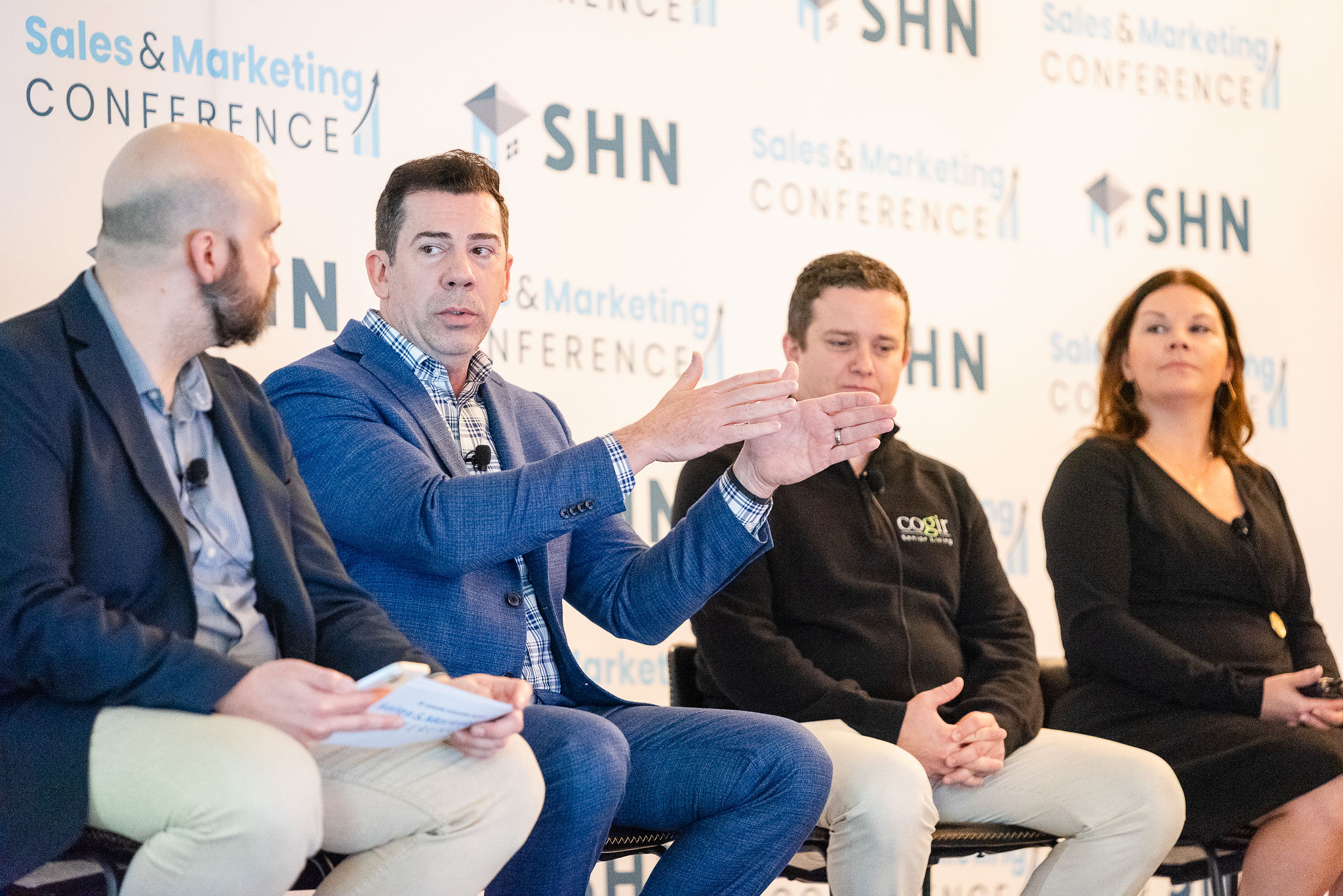Dustin Owen Says Keeping The Cfpb In Place Will Prevent Another Housing Market Crash

In a recent episode of “The Loan Officer Podcast,” co-hosts Dustin Owen and John Coleman dive into the potential impacts of Elon Musk’s idea to disband the Consumer Finance Protection Bureau (CFPB).
This conversation has been edited for length and clarity. To start the episode, Coleman asks Owen to share his perspectives on Musk’s plan to eliminate the CFPB.
Coleman: Dustin, do you think Elon Musk will shut down the CFPB in his new role in the government?
Owen: No. We know that there’s a new sheriff in town. One of the initiatives of the Trump administration is to create the Department of Government Efficiency (DOGE). Musk is saying out loud that the first thing he’s going to do is he’s going to shut down the CFPB. That impacts the mortgage industry and consumers in the industry.
CFPB also regulates payday loans, credit cards and debt servicing. So, probably student loans and for-profit education would be put into that.
Next, Owen explores why the U.S. government originally formed the CFPB.
Owen: In 2008, the financial collapse happened primarily due to a housing bubble burst stemming from unregulated mortgage originators and Wall Street banks that were too big to fail because of lackadaisical guardrails. The CFPB came out of the Dodd-Frank Act. The idea for the Dodd-Frank Act came from a Harvard Law professor named Elizabeth Warren. The Dodd-Frank Act came into law in July 2010, and by July 2011, we had the CFPB.
Why do we need the CFPB? Wall Street said, ‘Hey, we love more of the mortgage industry.’ Lenders were like, ‘Well, we can’t give you more because there’s not that many people who qualify for more.’ And they said, ‘Well, let’s loosen up the qualifications. Let’s create alternative financing options.’
Wall Street wanted more. I need to create more mortgages so I can create more collateralized debt obligations. I can then sell them to investors overseas. I can then sell them to life insurance companies and then sell them to pension funds. And that is how the bubble was created.
Owen and Coleman transition the conversation to explore why the CFPB should not go away.
Owen: The CFPB prevented borrowers from being taken advantage of. Pareto’s principle applies: 80% do good and play by the rules. It’s the 20% — the bad apples — that ruined the bunch. We have to protect the 20%. I don’t want to see the CFPB go away because I think it does more good than it does harm.
Owen also explains that the larger issues with the CFPB lies in how it enforces rules instead of establishing clear boundaries for mortgage brokers and bankers to follow. He also dives into potential consequences of removing the agency’s oversight of mortgage companies.
Owen: The industry thinks it’s in our best interest to keep the CFPB because it would be costly to unwind everything we’ve built and created over the past 13 years. But to actually do away with it would actually be punitive for the mortgage industry.
To end the conversation, Coleman and Owen allude to why Musk and his constituents want to disband the agency.
Owen: Look, if you are the rich people in power —
Coleman: I want to stay that way. So, strip away all the handicaps and guardrails that allow people that aren’t like me to catch up. I don’t want an even fair race, Dustin.
Owen: Fact.


